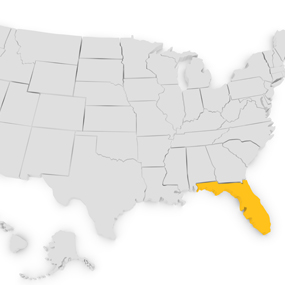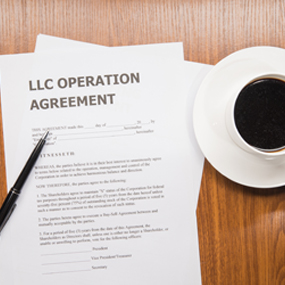Top Collections Lawyer
As a creditor, one of the first steps that can be taken when owned assets from a debtor is to try and collect on this debt themselves without taking the case to court. Creditors will often contact the debtor directly or hire a debt collection firm in order to retrieve what is owed to them. Collection agencies can be effective as they have a vast amount of resources specifically catered to the recollection of debts for companies and the negotiations and strategies therein. However, there are federal laws in place to protect debtors from debt collection activities that can be considered unfair or unethical by collections firms.
If you are a creditor that is in the position of need to reclaim a debt, then you should have an understanding of what collection agencies can and can’t do. If you make the selection of a credit collection agency that uses unethical tactics in reclaiming a debt, this choice can further complicate the process; adding time to the unfortunate circumstance and inevitably requiring legal intervention.
The FDCPA and its Stipulations
FDCPA stands for The Fair Debt Collection Practices Act and is a federally regulated law that governs debt collection tactics. The FDCPA limits debt collectors in a variety of ways including their amount and type of contact, as well as prohibitive practices.
Debt collections companies are not allowed to contact a debtor outside of times that would be considered reasonable. This timeframe is generally between the outs of 8 a.m. and 9 p.m. Debt Collectors are also prohibited from contacting the workplace of a debtor if the collection agency is aware that the debtor’s employer does not allow this type of communication.
Debtors do have the right to tell the collection agency to cease all communication. One this notice has been received by the collector, the only contact that can then be made is to confirm that the communication will be stopped, or to inform the debtor of additional actions that are being taken by the creditor.
Collectors are legally bound from any activities that could be considered harassment including the use of violence or abusive language and are also unable to publish any information about debtors who refuse to pay with the exception of to a credit agency.
No false information can be given to a debtor that misleads who the collector is or who they represent. In addition to identification information, the collector also cannot give false information about what actions are being taken, or even what the collector is allowed to make. An example of this sort of misdirection would be a credit collection representative stating that they are a member of law enforcement or a corporate law attorney.
Once the collector has information related to representation from an attorney, all communication must be made through the attorney, unless reasonable time has passed with no response from the debtor’s representation.
Retrieving what is rightfully owed to you from a debtor may seem like a fairly streamlined process, especially for those that have been on the other side of it. You just make some calls and send out a few letters and then wait for the repayment to roll in. Unfortunately, though this is rarely the case, and it can be quite the contrary situation to reclaim an outstanding debt.
There are individual stipulations and regulations in place not only for the proper procedure but in some cases like in the State of Florida Judicial System, there are even laws and exemptions protecting debtors from debt collection.
Early Intervention from a Corporate Law Attorney
Navigating the murky waters of Florida collections law is a trying endeavor when not equipped with the right knowledge and experience of regulations, and the Florida court system. It is not uncommon that a creditor’s only inevitable recourse is to take legal action against their debtor to make themselves whole again.
Negative things can happen to anyone at any time, especially in modern life with an excessive amount of uncertainty and instability in relation to the financial and job markets in the United States. Florida was one of the worst parts of the country to be hit with job losses, and the real estate crash, so it is understandable that some people would be unable to pay their debts. This though is no excuse for not maintaining communication with creditors, who in most cases are willing to work with, and have procedures in place to help debtors that may have fallen on bad times or are unable to meet the terms of the debt.
It is understandable that unfortunate circumstances can befall anyone, even those that were once very well off and financially stable living within their means. This doesn’t mean that debts owed are no longer valid, and even though it may not be the fault of the debtor, businesses still have a right to reclaim the damages that belong to them.
In the early stages of attempting to reclaim a debt, creditors often are willing to negotiate to a lower term, or even change the terms of a variety of different loans, or credit granted in order to help reclaim even a small percentage of the debt. The unfortunate thing is that even though there are people out there that have fallen on hard times, some debtors use this to their advantage in the attempt to skirt their financial obligations to the creditor.
When a creditor has exhausted resources with the goal in mind of reclaiming what was there to no avail, there is no better time to enlist the services of a top corporate law office, if even just for a consult on what the best proper course of action might be.







